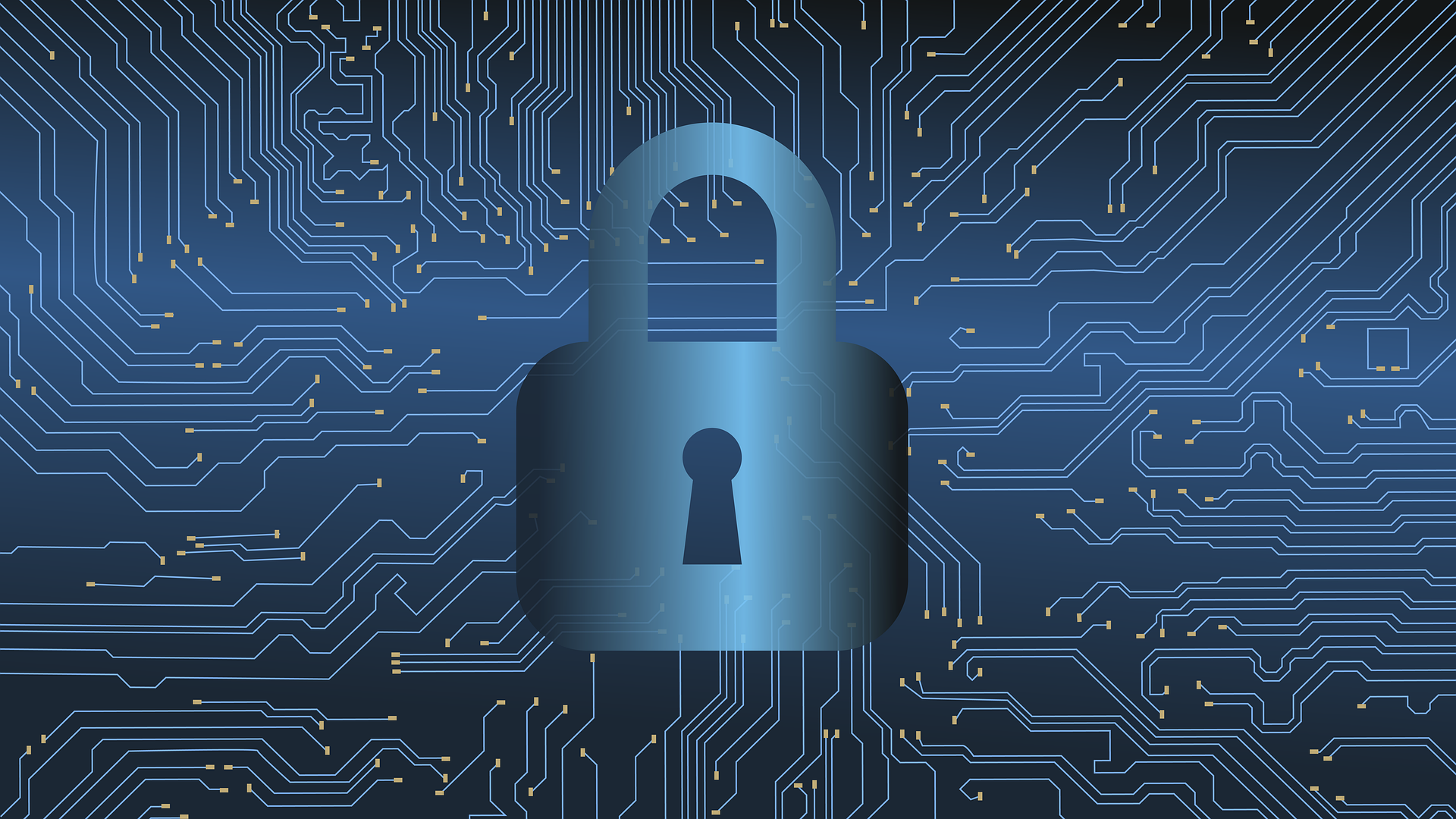On April 20th, 2023, Vopak, one of the world’s leading independent tank storage providers, suffered a major data breach in its Malaysian crude oil terminal. The incident highlights the critical need for cybersecurity measures in the energy sector and raises concerns about the security of critical infrastructure.
According to reports, the hackers gained access to confidential information about Vopak’s operations, customers, and financial transactions. The exact nature and extent of the breach have not been disclosed, but the company has acknowledged the incident and is working with authorities and external cybersecurity experts to investigate the matter.
The Vopak breach is particularly concerning as the company is responsible for the storage and handling of oil and gas products, making it a critical player in the global energy market. This incident raises concerns about the vulnerability of the energy sector to cyberattacks and the potential for such attacks to cause significant disruption and damage.
The energy industry has become increasingly reliant on technology and digital systems to manage its operations, making it an attractive target for cybercriminals. In addition to cyber threats, the industry is also vulnerable to physical attacks such as sabotage and terrorism, which can cause significant damage to infrastructure.
To address the unique threats facing the industry, companies in the energy sector must prioritize the protection of critical infrastructure and develop comprehensive security strategies that address both cyber and physical threats.
One possible solution is the implementation of the latest cybersecurity technologies such as artificial intelligence and machine learning. These technologies can detect and respond to threats in real-time, reducing the risk of data breaches and other cyber incidents.
In addition to technology solutions, companies in the energy sector must also prioritize employee training and awareness. Cybersecurity awareness training can help employees identify and prevent potential security threats, reducing the risk of data breaches and other cyber incidents.
The Vopak data breach is a stark reminder of the importance of cybersecurity in the energy sector. Companies must prioritize the protection of critical infrastructure and develop comprehensive security strategies that address both cyber and physical threats. By doing so, they can help ensure the stability and security of the global energy market.
The Potential Consequences of the Vopak Breach
The Vopak data breach has the potential to cause significant harm to both the company and its customers. The breach exposed sensitive information such as customer data, financial transactions, and operational details, all of which could be used for malicious purposes.
The theft of customer data, for example, could lead to identity theft and financial fraud. This could result in significant financial losses for customers, as well as damage to their reputation and trust in the company.
In addition to the potential harm to customers, the breach could also cause significant damage to Vopak’s reputation and financial performance. The company may face legal and regulatory action, as well as loss of business and market share as customers seek out more secure providers.
The potential consequences of the Vopak breach highlight the need for companies in the energy sector to prioritize cybersecurity and take proactive measures to prevent data breaches and other cyber incidents.
The Growing Threat of Cyberattacks in the Energy Sector
The Vopak data breach is not an isolated incident. In recent years, the energy sector has become a prime target for cybercriminals, who see the industry as a lucrative and vulnerable target.
One major factor driving the increase in cyberattacks on the energy sector is the increasing reliance on technology and digital systems to manage operations. This has created new vulnerabilities that cybercriminals can exploit to gain access to critical infrastructure and data.
In addition to cyber threats, the energy sector is also vulnerable to physical attacks such as sabotage and terrorism. This has raised concerns about the potential for cyberattacks to be used as a weapon to disrupt energy supplies and cause widespread damage.
To address these threats, companies in the energy sector must take a proactive approach to cybersecurity. This includes implementing advanced technologies.




